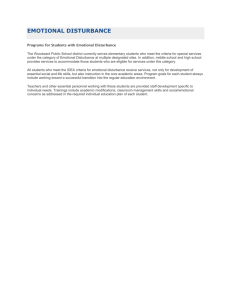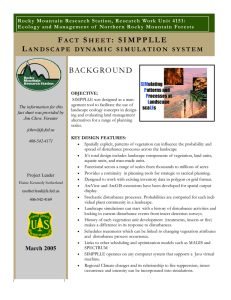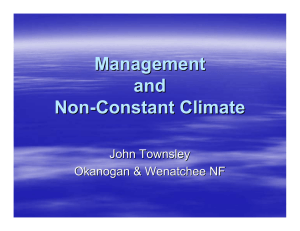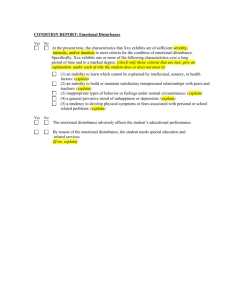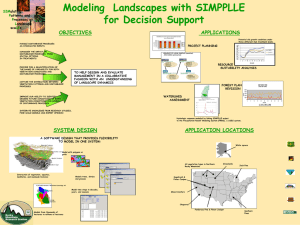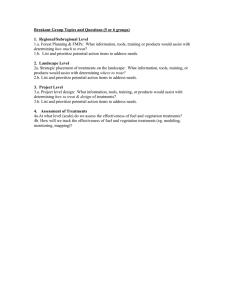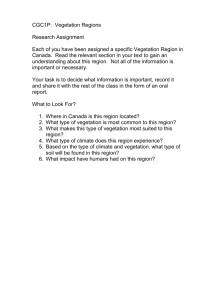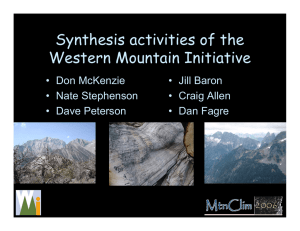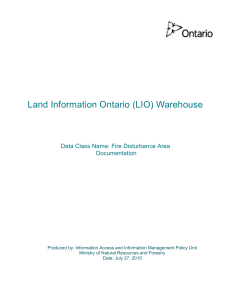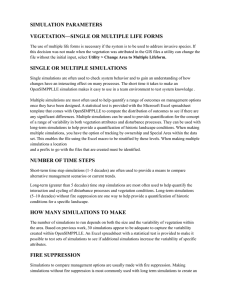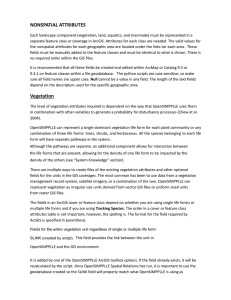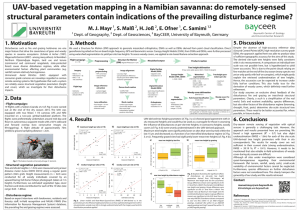•Spatially explicit, patterns of vegetation can influence the probability and
advertisement
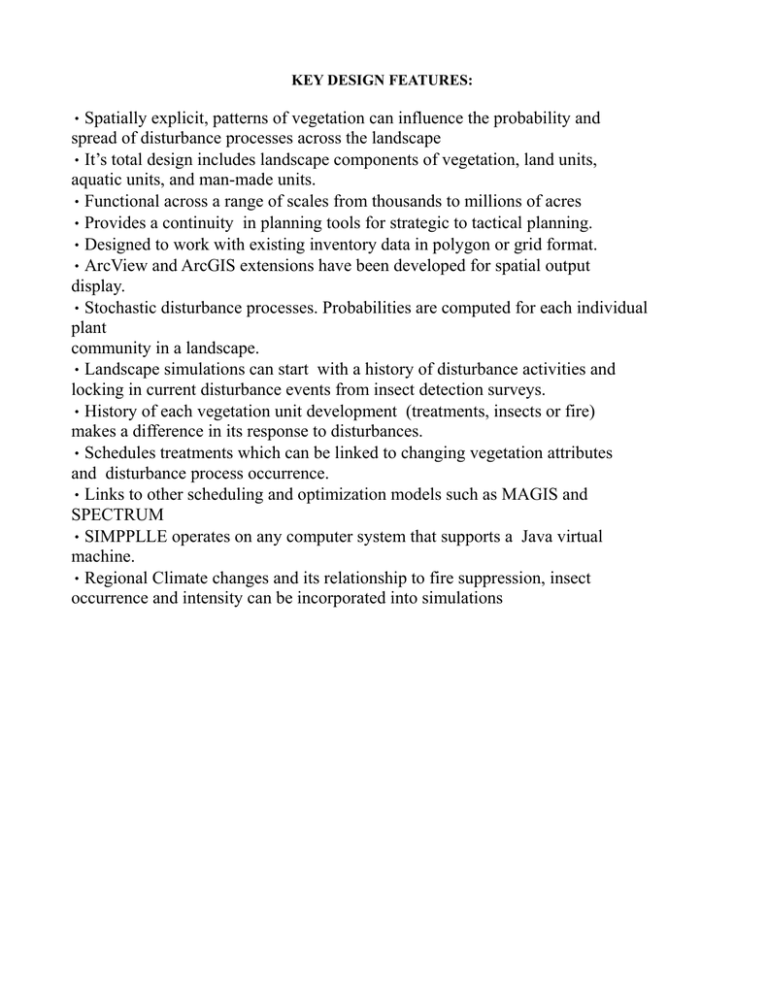
KEY DESIGN FEATURES: • Spatially explicit, patterns of vegetation can influence the probability and spread of disturbance processes across the landscape • It’s total design includes landscape components of vegetation, land units, aquatic units, and man-made units. • Functional across a range of scales from thousands to millions of acres • Provides a continuity in planning tools for strategic to tactical planning. • Designed to work with existing inventory data in polygon or grid format. • ArcView and ArcGIS extensions have been developed for spatial output display. • Stochastic disturbance processes. Probabilities are computed for each individual plant community in a landscape. • Landscape simulations can start with a history of disturbance activities and locking in current disturbance events from insect detection surveys. • History of each vegetation unit development (treatments, insects or fire) makes a difference in its response to disturbances. • Schedules treatments which can be linked to changing vegetation attributes and disturbance process occurrence. • Links to other scheduling and optimization models such as MAGIS and SPECTRUM • SIMPPLLE operates on any computer system that supports a Java virtual machine. • Regional Climate changes and its relationship to fire suppression, insect occurrence and intensity can be incorporated into simulations
